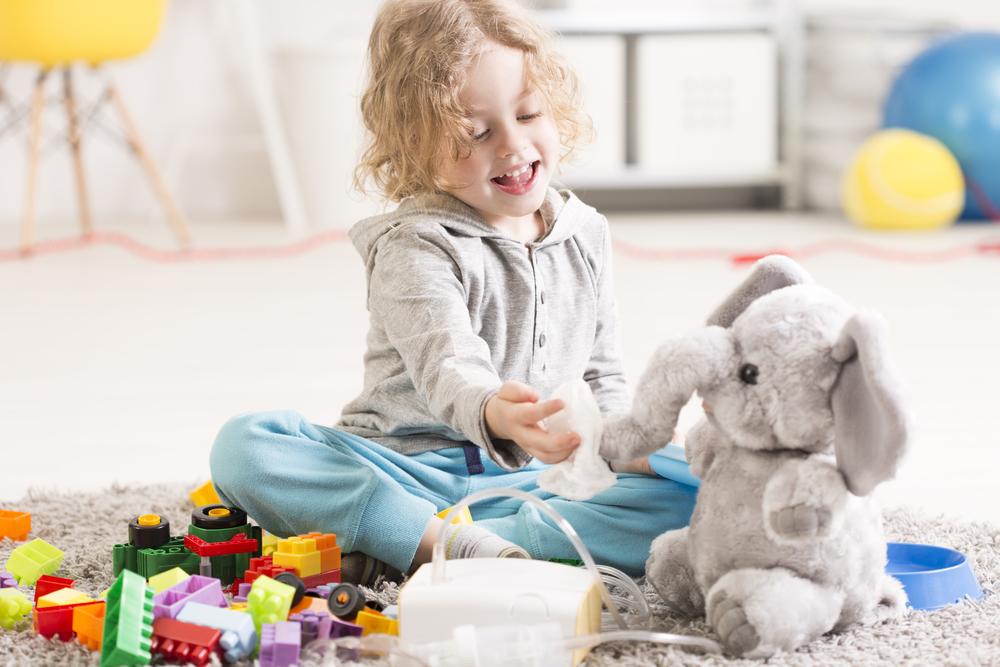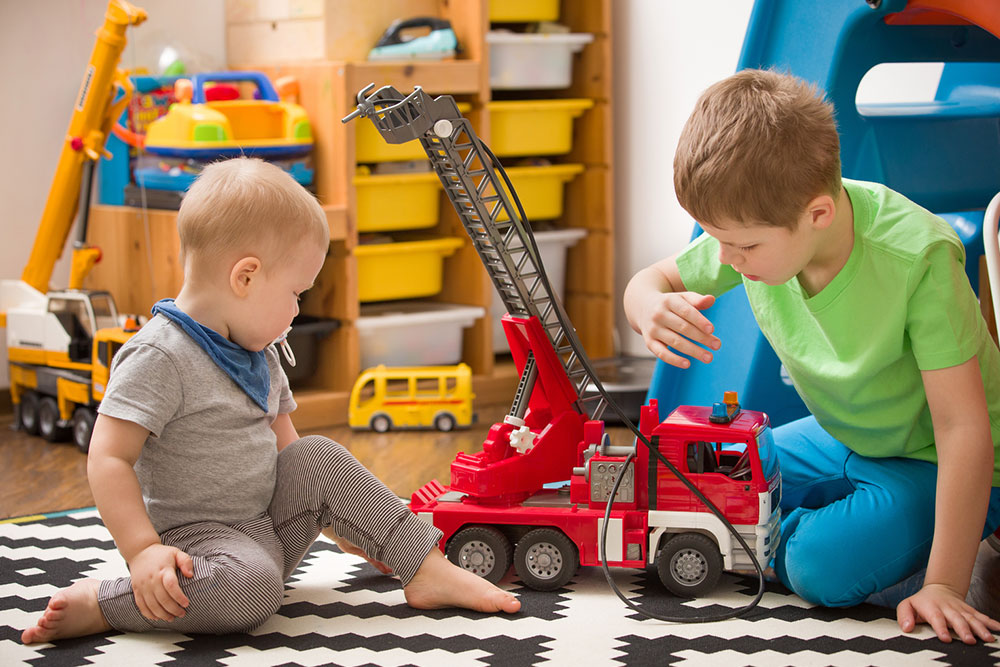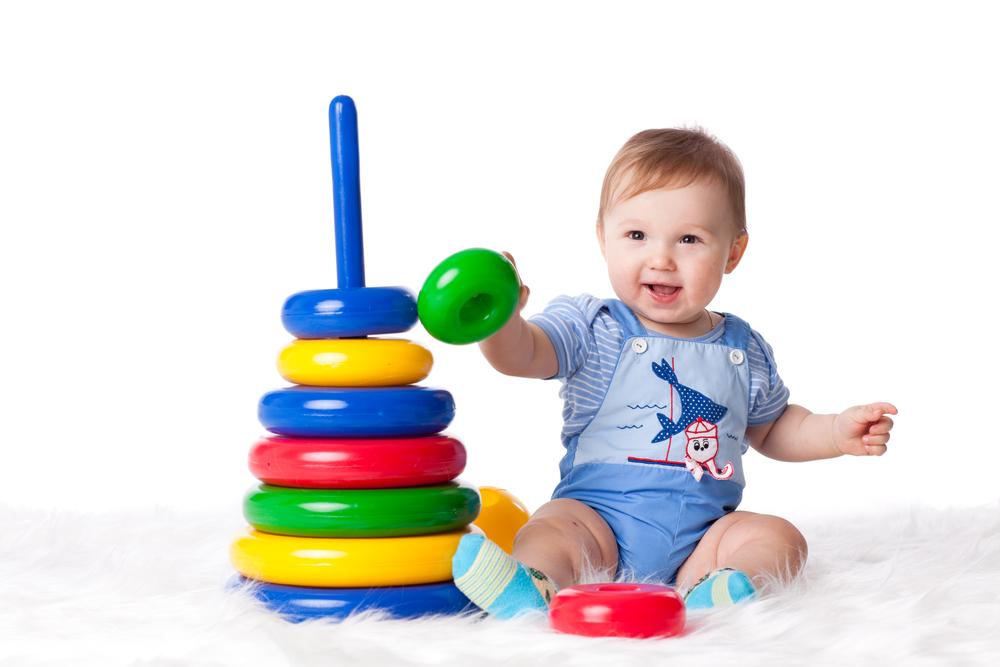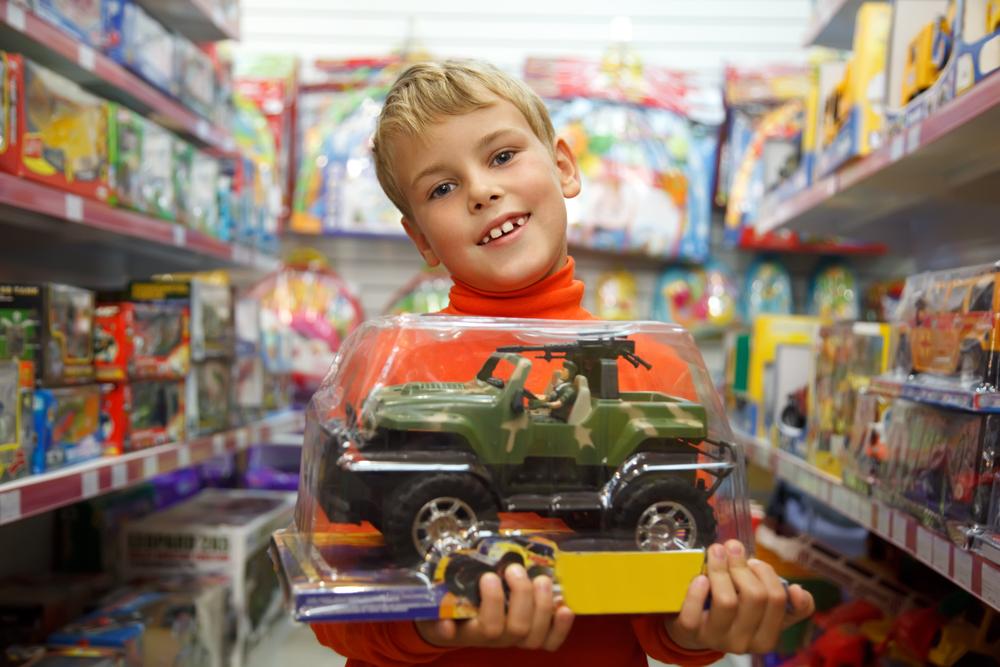The Crucial Role of Toys in Developing Key Skills in Children
Discover how toys play a crucial role in fostering essential childhood skills. Learn about the different types of toys that enhance motor skills, creativity, cognition, and social-emotional development, alongside tips for choosing safe and effective playthings to support holistic growth during childhood.
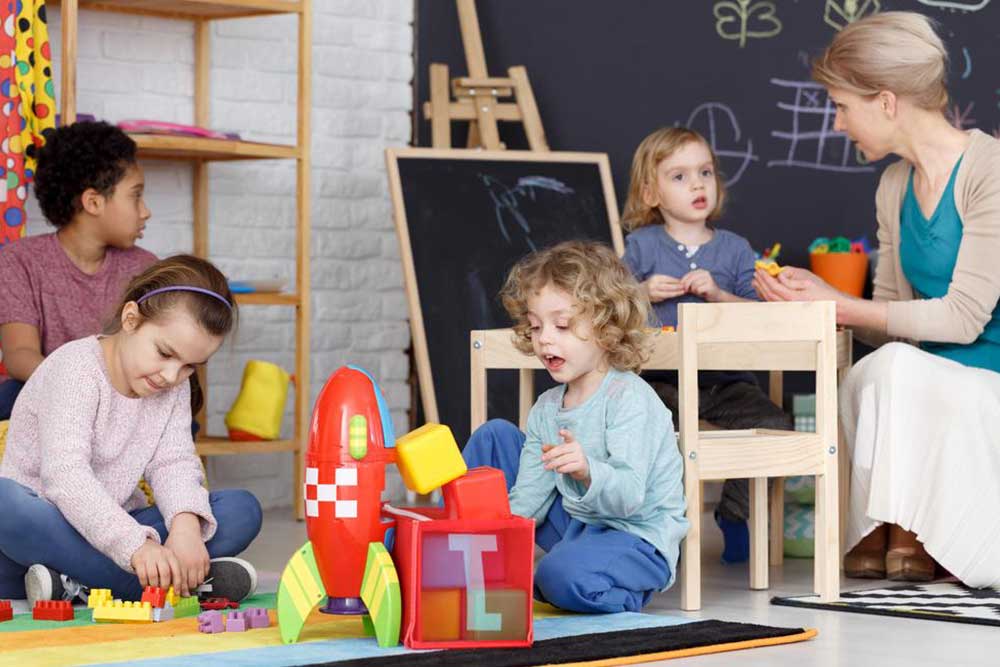
Play is an integral part of childhood, serving not only as a source of joy but also as a vital avenue for learning and development. Toys, whether simple or complex, serve as powerful tools that aid in nurturing a child's growth across multiple domains. From fostering imagination to enhancing physical skills, carefully chosen toys can significantly influence a child's overall development. Parents and caregivers should understand the importance of selecting appropriate toys that stimulate learning while ensuring safety. This comprehensive guide dives into the various skills children develop through play with toys, the types of toys that support these skills, and how to ensure safe and effective play experiences.
The Importance of Play in Childhood Development
Childhood is a critical period for growth, where the foundations for lifelong skills are laid. Play is often described as a child's work, allowing them to explore their environment, learn new concepts, and develop social and emotional competencies. Research indicates that play directly contributes to brain development, motor skills, emotional regulation, and social interactions. Toys serve as catalysts in this process, offering a medium through which children can engage actively and meaningfully. As they manipulate, explore, and create with toys, children gain a deeper understanding of the world and develop essential skills that will benefit them throughout life.
How Toys Enhance Key Skills in Children
Different types of toys support specific areas of development. Understanding what skills are nurtured by various toys can help parents and educators make better choices to promote holistic growth.
1. Motor Skills Development
Fine and gross motor skills are foundational for a child's independence and daily functioning. Toys like building blocks, puzzles, and art supplies such as crayons and clay help enhance fine motor skills by encouraging precise movements. Larger toys like ball, ride-on vehicles, and climbing structures promote gross motor development, fostering balance, coordination, and strength. Engaging with these toys allows children to refine their hand-eye coordination, dexterity, and overall physical control.
2. Creativity and Imagination
Open-ended toys such as dolls, action figures, art and craft kits, and dress-up costumes stimulate creative thinking. These toys provide a blank canvas for children to invent stories, scenarios, and worlds, which boosts imaginative capacities. Creativity nurtured through play is crucial for problem-solving, innovation, and adaptability later in life.
3. Cognitive Skills and Problem Solving
Puzzles, memory games, and educational toys promote cognitive development by encouraging children to think critically and solve problems. These activities challenge their understanding of spatial relationships, patterns, and cause-and-effect relationships. Such engagement cultivates logical reasoning and enhances memory retention.
4. Emotional Development and Self-Regulation
Toys that mirror real-world scenarios, such as role-playing sets or plush animals, help children understand and express their emotions. Playing with these toys enables children to navigate feelings like empathy, patience, and resilience. They learn to manage frustration when puzzles or games are challenging, supporting emotional regulation skills.
5. Social Skills and Cooperation
Group or multiplayer toys, board games, and interactive playsets encourage children to cooperate, share, and communicate effectively. Such play experiences teach essential social skills like turn-taking, negotiation, and empathy. These skills are critical for building healthy relationships and functioning well in social environments.
Selecting the Right Toys for Safe and Effective Play
Choosing appropriate toys involves more than considering popularity or trendiness. Safety and age-appropriateness are paramount. Toys should be designed to minimize risks such as choking hazards from small parts, sharp edges, or toxic materials. Always check for safety certifications and labels indicating compliance with safety standards.
Furthermore, selecting toys aligned with a child's developmental stage ensures engagement and learning without frustration. For instance, infants require toys that stimulate senses and support motor skills, while older children benefit from toys that challenge their problem-solving and creative skills.
Encouraging Meaningful Play Experiences
Parents can maximize the benefits of play by actively engaging with children during playtime. Participating in their activities, asking questions, and encouraging open-ended play foster deeper learning and emotional bonding. Additionally, providing a variety of toys and play options exposes children to diverse skills and experiences.
The Role of Play in Preparing Children for Future Success
Beyond immediate enjoyment, play with toys shapes foundational skills that prepare children for academic, social, and emotional challenges ahead. It cultivates curiosity, resilience, and a love for learning—traits that drive lifelong success. As children explore, create, and problem-solve through play, they develop a growth mindset that empowers them to face new challenges confidently.
Conclusion: Building a Playful Future
In essence, toys are more than mere entertainment; they are essential tools that support overall childhood development. By carefully selecting age-appropriate, safe, and skill-enhancing toys, caregivers can foster a nurturing environment where children thrive holistically. Promoting diverse play experiences not only nurtures key skills like motor control, creativity, and social competence but also cultivates resilience, curiosity, and a lifelong love for learning. Investing in thoughtful toy choices is investing in your child's bright, capable future.


